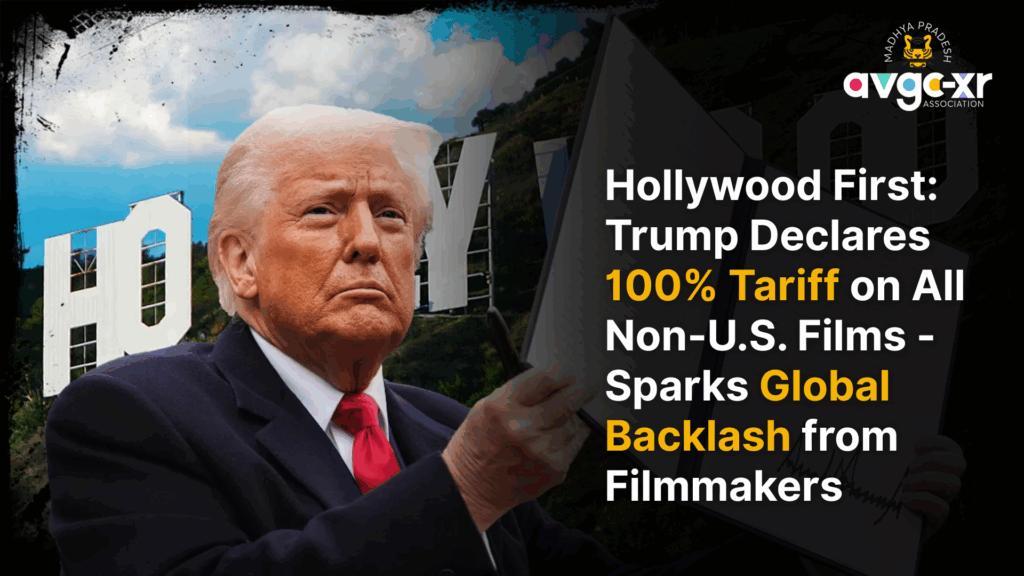In a move that has sent shockwaves through the global entertainment industry, U.S. President Donald Trump announced a 100% tariff on all films produced outside the United States. Citing the declining state of the American movie industry, Trump declared the measure necessary to counteract what he perceives as a national security threat posed by foreign incentives luring U.S. filmmakers abroad.
“Hollywood, and many other areas within the USA, are being devastated,” Trump stated on his social media platform, Truth Social. He emphasized that other countries offering various incentives to attract American studios constitute a “concerted effort” against the U.S., necessitating immediate action. The President has directed the Department of Commerce and the U.S. Trade Representative to initiate the tariff implementation process.
The announcement has raised concerns among international film communities and tourism sectors. In Croatia, the historic city of Dubrovnik, renowned for its role as a filming location for “Game of Thrones,” faces potential economic repercussions. Local officials and tour operators fear that the tariffs could deter future productions, impacting tourism and local businesses that have thrived due to the city’s cinematic appeal.
Similarly, New Zealand is proactively responding to the potential shift in global film production dynamics. The country has announced an injection of NZ$577 million into its International Screen Production Rebate scheme, aiming to attract international productions by offering competitive incentives. This move underscores New Zealand’s commitment to sustaining its vibrant screen industry, which significantly contributes to its economy.
Within the U.S., the proposed tariffs have elicited mixed reactions. While some industry leaders advocate for measures to bolster domestic production, others caution against potential retaliatory actions and the broader implications for international collaboration in filmmaking. The White House has acknowledged that the specifics of the tariff implementation are still under consideration, with no final decisions made yet.
As the global film industry grapples with the ramifications of this policy shift, stakeholders worldwide are closely monitoring developments, assessing the potential impact on international film production, distribution, and cultural exchange.

